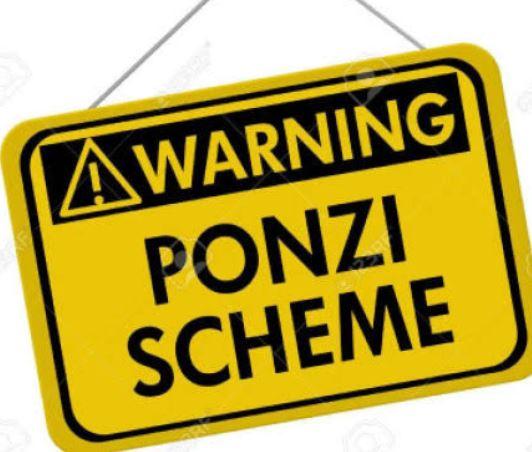Ponzi schemes are fraudulent schemes that promise high returns on investments but pay out existing investors with the money from new investors. They are unsustainable and eventually collapse, leaving many people in financial ruin.
Unfortunately, many Nigerians have fallen victim to Ponzi schemes that masquerade as investment schemes. They are lured by the attractive and unrealistic promises of high returns, such as doubling or tripling their money in a short period. They are also influenced by social pressure and testimonials from their friends, family, or celebrities who claim to have benefited from the schemes.
The consequences of falling for a Ponzi scheme can be devastating for the investors and the society. They can lose their hard-earned money, their trust in the financial system, and their dignity. They can also face legal actions, such as lawsuits, fines, or imprisonment if they are found to be involved in the scheme. Moreover, they can contribute to the instability and fragility of the economy, as the collapse of a large-scale Ponzi scheme can trigger a panic and a crisis in the financial markets.
READ ALSO: How Oguntala became engineering society’s first female president in 65 years
Nigeria has witnessed several Ponzi schemes which were disguised as investment schemes in the past few years, some of which are:
Brisk Capital Limited, operated by Dominic Joshua Ngene, a 21-year-old self-styled investment expert, allegedly diverted over N2 billion from over 500 investors, promising them 60% returns on investments in real estate, forex, oil and gas, etc. He was arrested by the police special fraud unit in May 2021.
Observing that many of these Ponzi schemes disguised as finance houses had to invest heavily in advertising and marketing promotions to attract new audiences, also Israel Oladipupo Ogunseye, a marketing and communications expert, shared his perspective thus; “These schemes are cleverly designed to appeal to the emotions and aspirations of unsuspecting investors. They promise high and quick returns while using persuasive and deceptive techniques to market their schemes, such as social media, celebrity endorsements, sophisticated websites, and psychological manipulation. They operate in the shadows, without any transparency, regulation, or accountability. They leave behind a trail of financial and emotional devastation, as well as legal and economic consequences when they collapse or disappear.
“Unfortunately, I observed that some of these schemes had billboard advertisements which I expect to have gone through the APCON approvals which may have not been diligent. Even many of them deployed Influencers to promote their Ponzi schemes openly which meant a lack of trust in the financial ecosystem as well as in digital banking products.”
In all, it is important that all stakeholders come together to ensure that these companies do not come back to afflict Nigerians again in any guise whatsoever either as finance houses, investment groups, crowdfunding programs or whatever. However, some financial experts believe that negligence got better part of some investors who did not carry out a proper due diligence to ascertain the type of company, founders, and interest rates on offer.
SOURCE : Leadership News



